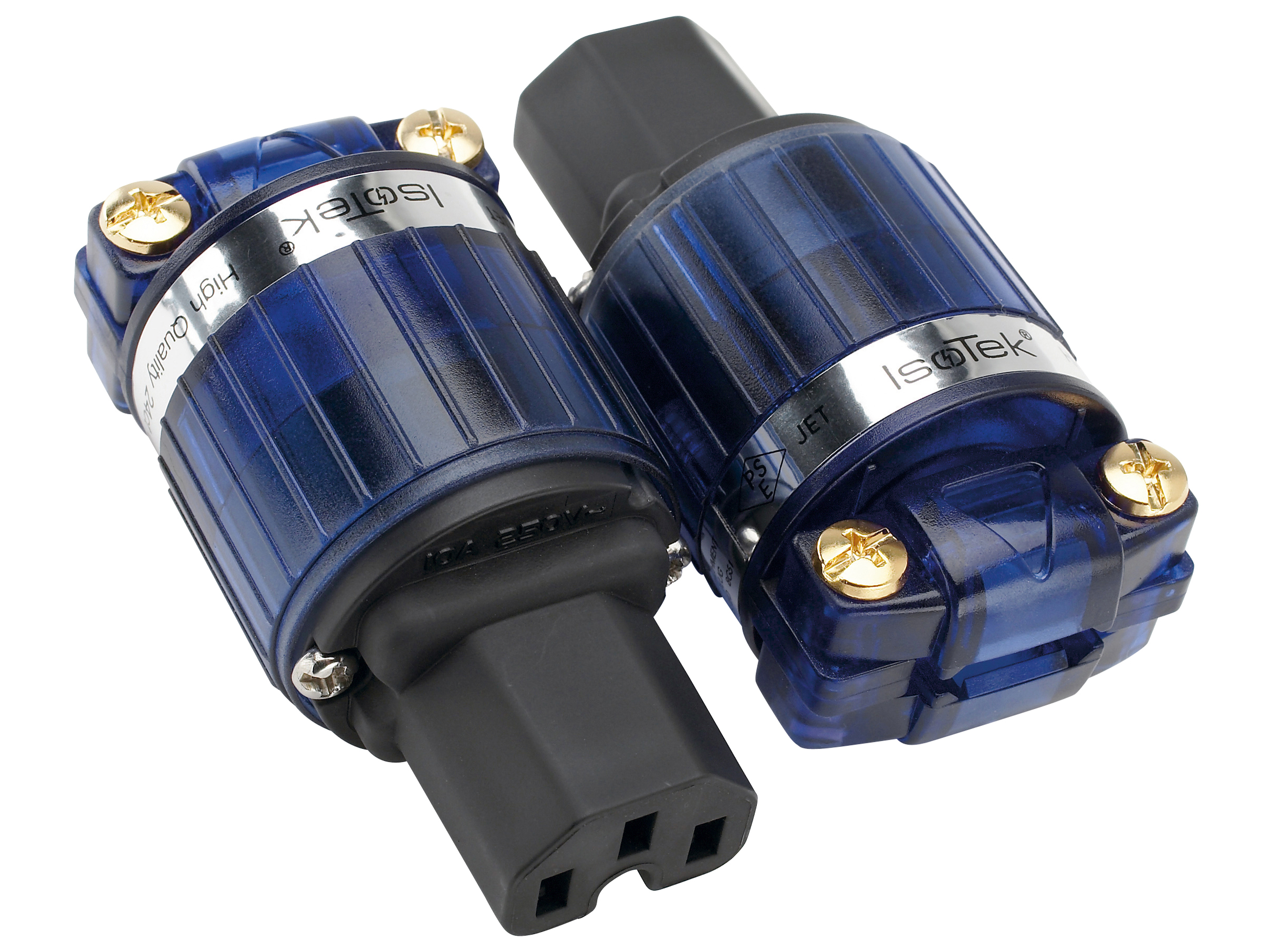TechRadar Verdict
It's not cheap, but IsoTek's connector offers real benefits over standard IECs
Pros
- +
Does its job well
Cons
- -
You may not notice the difference
Why you can trust TechRadar
We're a little shy of reviewing any kind of mains DIY components as mains electricity isn't exactly something one wants to mess with. Still, just putting a plug on a cable is hardly rocket science and one of several reasons why this connector appealed to us is that it is very easy to fit without those embarrassing slip-ups that lead to blue flashes and awkward explanations.
All mains cables thicker than 6A flex are a pain to work with, but IsoTek has provided both ample space for any amount of wire and a cable inlet that will accommodate wires as much as 14mm thick.
In fact, cables with up to 20 square mm of copper could comfortably fit in the high-pressure clamps (locked down using a sensible-size screw head), and the overall cable clamp will securely grip anything down to bell wire, making this an IEC for all cables.
It uses gold-plated copper and the body is made of tough polycarbonate plastic, which resisted cracking despite our best impression of a ham-fisted electrician in a hurry.
And is it worth the trouble? The answer does rather depend on the cable you're trying to terminate. If it's bog-standard 3A flex than, frankly, no, you'll be hard-pushed to know the difference. If it's super-thick tweaky audiophile wire, you'll not be able to do a comparison with a standard IEC because the latter simply won't fit.
But we did manage to find a mid-size specialist mains cable to try, which was enough to convince us that IsoTek's pricey connector (in fairness, the top Wattgate costs more) offers a subtle but worthwhile effect in tightening up the sound, particularly the stereo image. Sceptics may scoff, but the proof, as they say, is in the listening!
Tech.co.uk was the former name of TechRadar.com. Its staff were at the forefront of the digital publishing revolution, and spearheaded the move to bring consumer technology journalism to its natural home – online. Many of the current TechRadar staff started life a Tech.co.uk staff writer, covering everything from the emerging smartphone market to the evolving market of personal computers. Think of it as the building blocks of the TechRadar you love today.
